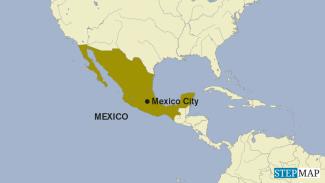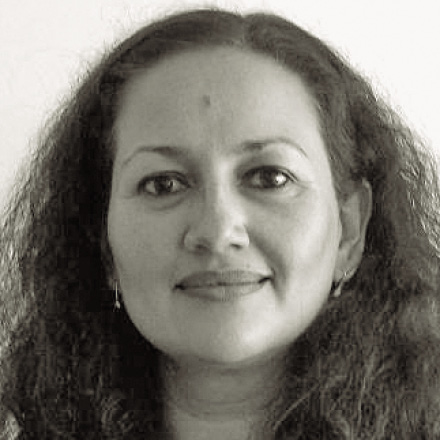Violence
Thousands of people missing in Mexico

According to the National Register of Missing or Not Located people, in the last 58 years more than 100,000 people have gone missing and 97 % of those registered refer to cases after 2006. The numbers of unreported cases are almost certainly much higher.
After 2006, the Mexican government started the so-called war on drugs and a militarised public security model. Since then violence has increased and people are afraid of the continuous disappearance of individuals that occurs daily in the country. Crime rings use disappearance of persons as a strategy to extort families and spread fear.
The country’s growing population amidst socioeconomic challenges such as the lack of access to quality public services, unemployment and poverty have worsened the situation of inequality in many communities. Crime has therefore become lucrative and many see it as the only way to survive.
Ana Fatima López Iturríos, a feminist lawyer and human-rights activist, says: “For families whose loved ones have gone missing, there is endless anxiety and frustration.” They find themselves in a kind of limbo, with no certainty of finding their missing persons. “The state has not offered any kind of support to these families even when some lose their breadwinners,” she adds.
Many women across Mexico are suffering. They find themselves in the position of having to manage their households after the disappearance of a son, husband, or father. “When my husband disappeared, I was left with nothing, no house, nothing. I couldn’t solve anything, because my husband was missing and there was no deceased body, therefore I still can’t solve anything about my house. My children don’t even have insurance, and I was left wondering what I should do,” recounts a female entrepreneur from the state of Jalisco in western Mexico.
This woman, a mother of three children, one of whom has a psychomotor disability and autism, has had her husband missing for seven years. She decided to start a business to raise money to take care of her family.
Several activists and human-rights advocates fault the state for failing to end disappearance of persons in the country. They believe that the government has failed to fulfil its obligation of providing security of person and guarantee of rights.
Mexican authorities have for long failed to clamp down on criminal gangs that operate in several territories. “These crimes are so latent and frequent that people cannot go out on the street without harbouring fear that they may not return home,” says Fatima López.
Whether it is an unwillingness on the part of politicians or institutional failure, more crime rings continue to spring up and thrive in the country. Cries from communities, families and individuals who fall victims to these saboteurs continue to fall on deaf ears. In some cases, blame is heaped on the persons who have been kidnapped by the criminals.
Pamela Cruz is the Special Projects Coordinator at Comunalia, a network of community foundations in Mexico and Strategic Advisor at MY World Mexico.
pamela.cruzm@gmail.com












